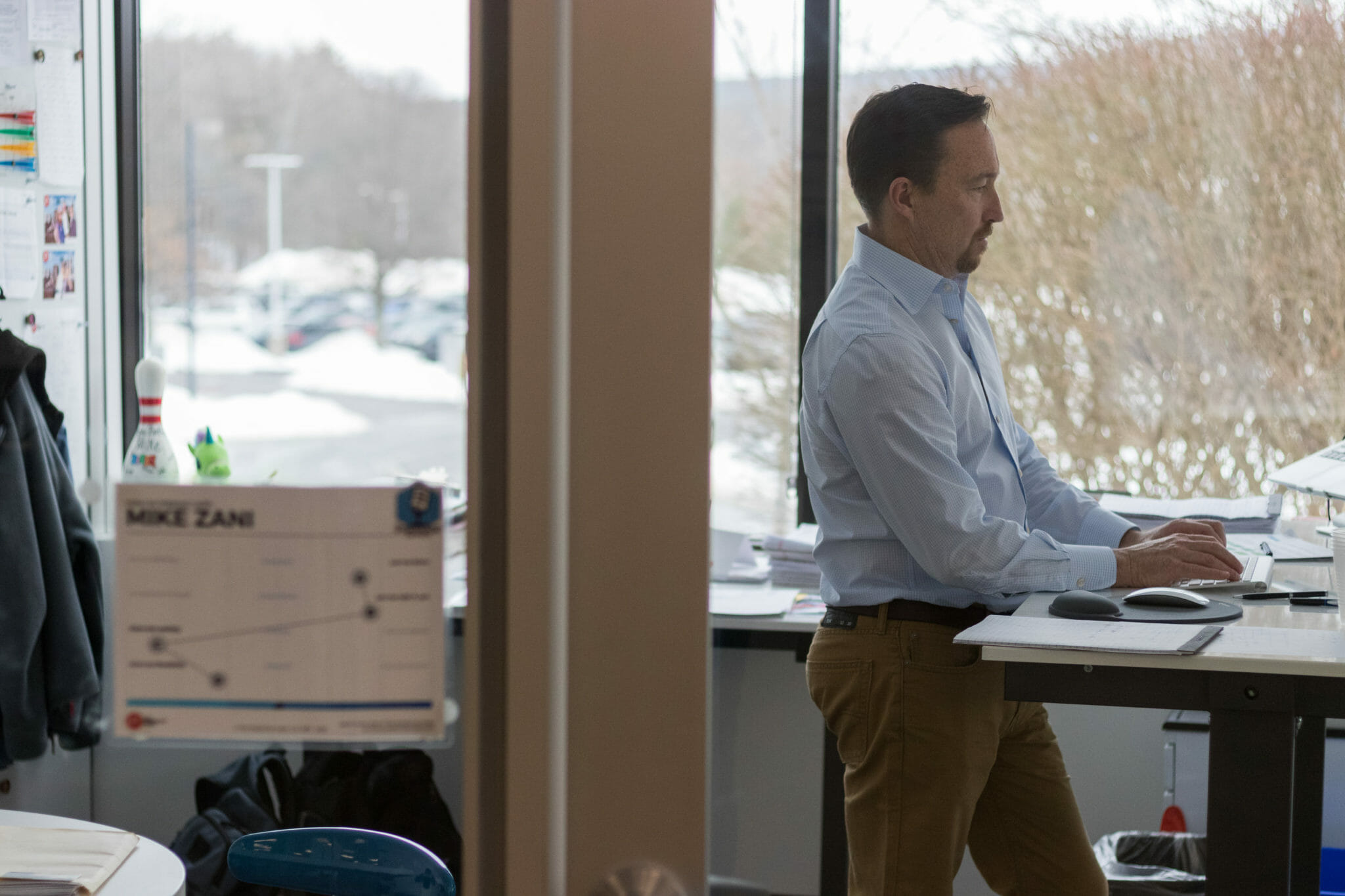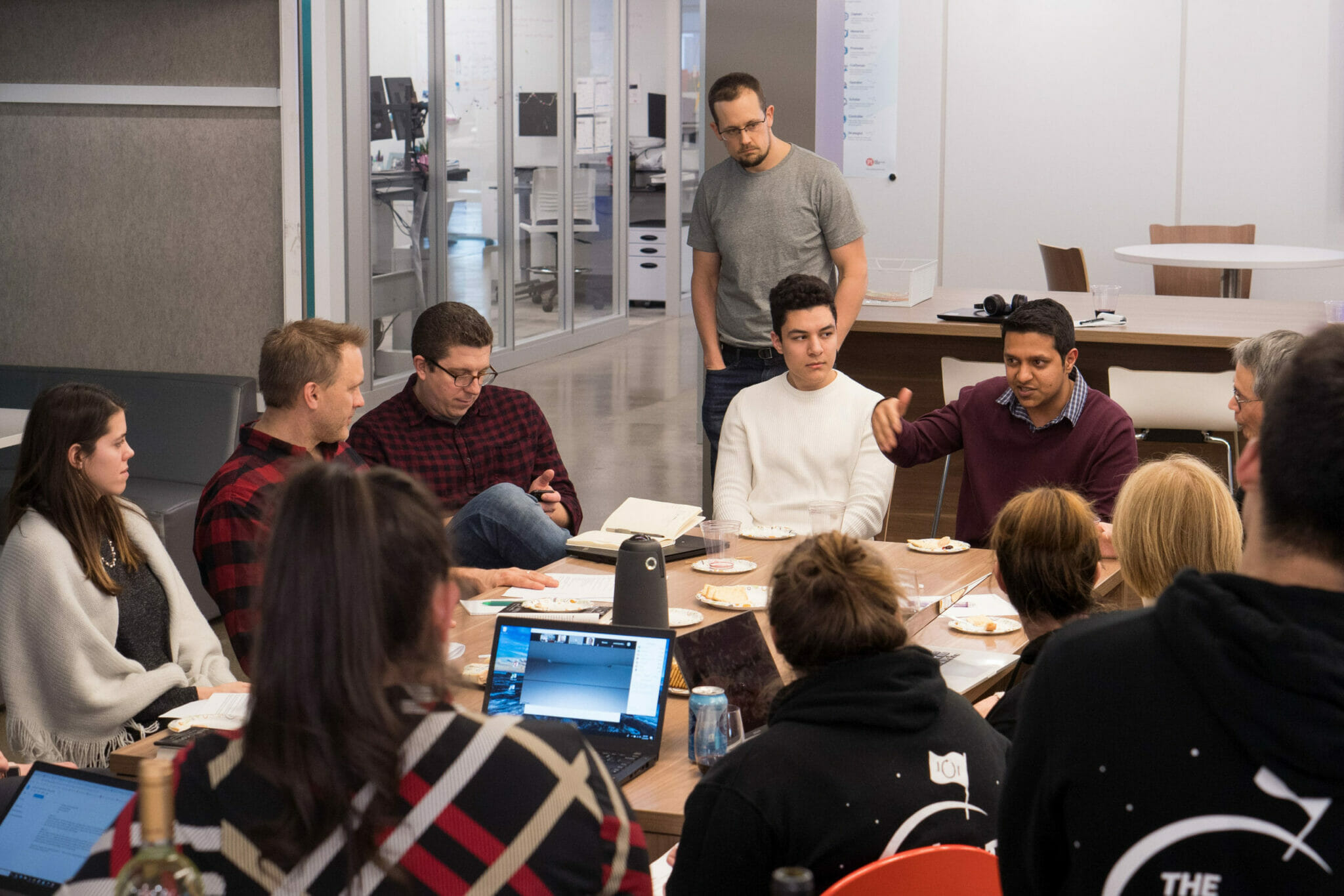There’s no doubt confidence is a coveted attribute, especially for leaders and managers. However, it’s rarely clear what it is or how it’s obtained.
Neurologically and definitionally, confidence is actually a decision anyone can proactively make in a given situation. We just don’t always realize that, and few people are trained in how to do it.
That’s the core of “Confidence is a Choice: Real Science, Superhero Impact,” the latest book from Alyssa Dver, Chief Confidence Officer and CEO of the American Confidence Institute. Dver recently sat down with the PI content team to discuss the science of confidence, and the challenges of harnessing it, especially in an uncertain world and workplace.
In times of crisis, when business leaders are stretched in different and new directions, confidence can help you retain top talent, or own a job. But it must be wielded in the right manner.
The COVID conundrum
The coronavirus pandemic and resulting economic downturn have placed undeniable strain on business leaders. There’s an urgency for executives to act decisively and compassionately all at once. They need to be poised and confident, even when the only certainty is uncertainty. Decision-making is often unnerving—to put it mildly—but of course, even harder when there’s no data or experience to lean on.
Some have posited that The Great Pause could actually simplify things for businesses and individuals suffering from “choice overload,” a concept Dver identifies as “confidence kryptonite” in her book. But as she noted, just because businesses might be doing more with less, that doesn’t make the decisions fewer, or the stakes for them any less weighty.
“We’re trying to be focused and present, despite all the newness and uncertainty, and it takes enormous brain resources to do that. We’ve replaced the effort and time of having to be at various places physically, with needing to be in more virtual places mentally.”
Stressors may not exist in the same form, but they’re very much present. Brains still need time to recharge, and that puts a continued premium on essentials like sleep, exercise, and mindfulness. And when you’re stuck on video conferences for six hours every day, these can be tough priorities to squeeze in, even in the absence of a commute or office distractions.
Taking time to care for yourself, trite as it may sound, is of the utmost importance. This is always true, but especially so for leaders trying to balance so much right now between work, home, and everything else in between.

Finding confidence in the unknown
One of the recurring definitions covered in “Confidence is a Choice” is the “certainty of truth.” At its most basic level, this means feeling empowered through one’s preparation or understanding of a situation, concept, or idea.
But as Dver notes, this comes with an important caveat: Even if we are well prepared, we never have 100% certainty. Yet, we can still be confident. Scientifically and mathematically, we allow for a margin of error, a possibility of being wrong, of having unpredictable variances, and we allow for that when declaring confidence of the expected outcome. Therefore, confidence is the result of being certain enough.
There are so many variables that accompany a given situation that even the best laid plans get spoiled. So how, then, do business leaders reconcile the expectation that they’ll project confidence when the only “certainty of truth” around COVID-19 is uncertainty?
“The reality is we don’t know and can’t predict what’s going to happen at all, so we can at least be confident that we aren’t confident—which is actually liberating. However, even in the absence of objective data, we still have our own subjective, gut, or intuitive data, which is always important to use—now even more so.”
It’s an essential component of confident, self-aware leadership. Being confident about not being confident helps us knock down barriers and consider all possibilities. In turn, it makes us more agile and better prepared, even in our vulnerability.
The rub, as Dver noted, is that this is unnatural, or at least uncomfortable, for many people. That’s particularly true for those who have higher formality drives. These people find comfort and familiarity in process, and while they may understand the benefit in considering all outcomes, doing so is scary.
“In every industry and type of organization, we need to be agile and entrepreneurial–that isn’t a bad thing! However, it is a new thinking and behavior for many people, and being in that unfamiliar mindset can be brain exhausting.”

Impostors, boneheads, and villains, oh my!
There are certain well-known bad behaviors that often pose as confidence in the workplace. We all know them well, but Dver calls them out within categories and with specific names, since they have different social intentions and neurological reactions. Confidence impostors and villains commonly rob others of their confidence and detract from what could otherwise be productive conversations.
These behaviors include, but aren’t limited to:
- Bullying
- Interrupting
- Talking over people
- Being distracted
- Gossiping
- One-upping
- Name dropping or bragging about irrelevant connections
Any of these actions can kill morale and team cohesion in any situation, but team dynamics are especially fragile during times of crisis. The constraints of remote work mean things can get misconstrued more easily. So one bonehead behavior might be amplified—and its effect multiplied—compared to in the office. After all, tone and inflection often come across better in person than over a Slack chat.
“We have limited time and channels to get the attention we all need–even introverts,” Dver said. “I met some friends for a fire pit evening [recently], and the first hour was like being in a pinball machine–everyone trying to talk over one another, sharing their thoughts and updates… even me.”
She acknowledged we’ve all been starved of expression while quarantined, so when a new outlet is offered, we might be overzealous in seizing it. It’s a relatively harmless tendency in a social situation like the one Dver described, but a business environment is different. And the higher the stakes for a discussion or meeting, the more potential damage these bad behaviors can cause.
Of course, it’s important to recognize that bad behaviors often aren’t intentional. Especially during times of crisis, people act badly as a result of fear and stress. Good leaders will not assume ill intent, even as they keep an eye out for and check these behaviors in others.
True leadership shines through darkness.
Generally, we look for confidence from others, especially in leaders, as a sign of reassurance and direction. That desire is heightened at a time of intense social uncertainty and discontent.
“We perpetually seek out confident people because they give a sense of safety, calm, and faith—our mirror neurons are always desperately hunting for those role models and leaders,” said Dver. “In times of crisis, we obviously need that more.”
But we need to remember that these behaviors, whether genuine or impostors, might manifest differently in times of crisis. Everyone will experience anxiety. And nearly everybody, despite their best intentions, will have moments when their fuse trips and their patience reaches its limits.
The key is in regulating those moments. We may not be able to do so internally, but we can make efforts to contain the evidence of these stressors externally. As Dver explained, the best leaders shine in times of crisis by figuring out ways to compose themselves first, and in turn pass that confidence along to their peers.
“The best ones spend a lot of brain cycles to control their behavior. When they do that, it’s like putting their own oxygen mask on first. Only then can they help others.”
It’s an essential takeaway for leaders at all levels. The post-COVID workplace is going to be erratic, and we won’t have much certainty about macroeconomic conditions anytime in 2020.
But good leaders will understand their limitations, check them, and lean on their people in the areas where their self-awareness tells them they fall short.
Lead by example, as the old idiom goes. Or, as Dver astutely put it, real influence comes from a quiet, generous confidence:
“It’s much less about what I say or tell you to do and much more about how I behave or visibly act – and how well I help others to be confident.”
The best leaders have already figured this out.
Learn more about how to lead confidently through times of uncertainty.








